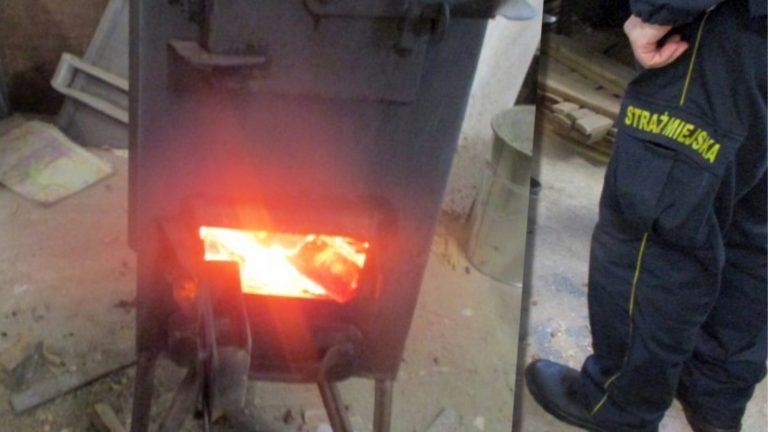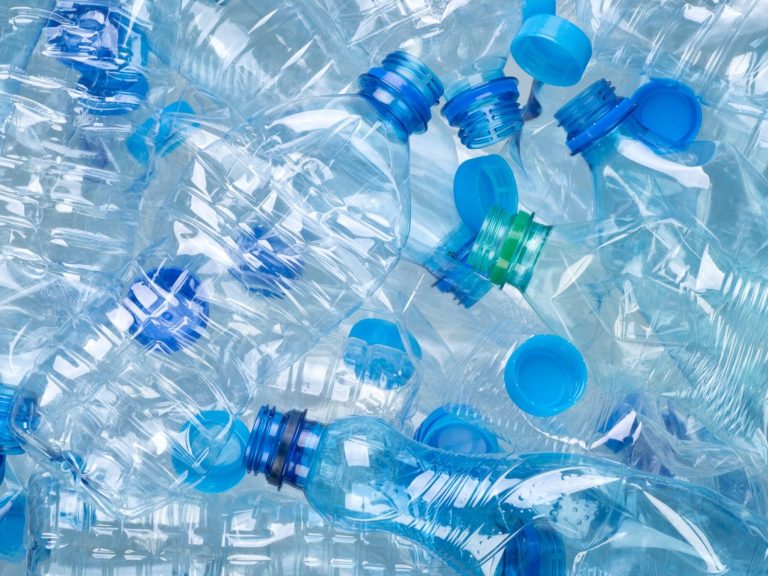Waste management is becoming more and more expensive. We have to change our habits

The costs of waste management will increase. – This is due to, among others, due to the fact that they are currently underestimated and the entire system is ineffective, which hurts both local governments and all consumers – says Leszek Karski, an expert in environmental protection law. An additional factor driving the increases are rising energy and fuel prices, which translate into transport costs. The expert emphasizes that the entire waste management system in Poland requires reform, which should start at the consumer education stage.
– Waste management policy should aim at the proactivity of all participants of this system – local governments, consumers, entrepreneurs and the state. Today our situation is very bad. We do not have a recovery organization or waste processing installations, and we produce more and more of them – emphasizes Leszek Karski, an expert in environmental protection law and sustainable development, lecturer at the Warsaw University of Technology and the Cardinal Stefan Wyszyński University in Warsaw, in an interview with the Newseria Biznes agency.
Forming habits
As he emphasizes, consumers are the foundation of the waste management system. Therefore, it is necessary to provide extensive education and convince them to make more conscious choices, e.g. giving up plastic packaging and packaging that cannot be recycled. Consumers must also be aware that waste collection involves costs in which they must contribute.
Meanwhile, in Poland – as shown by the October study by ARC Rynek i Opinia for the Responsible Business Forum – social awareness in this area is still low. Only 15 percent Poles can properly segregate waste when throwing it away, and only 58 percent he thinks it makes any sense. Moreover, only 66% separate waste, which means that 1/3 of Poles do not do it at all.
– Local governments can support us, solve certain problems, and provide infrastructure. The state can prepare laws, create a positive climate and an educational model, but the final effect depends on each citizen, emphasizes Leszek Karski. – We should start with Johnny Kowalski and make him aware of using as little disposable packaging as possible, so that he thinks about how he makes purchases.
The role of entrepreneurs
After consumers, the next element of the system are entrepreneurs. Their greater responsibility and participation in the waste management system will be forced by the amended package of European Union directives (adopted in July 2018), which introduces the so-called ROP, i.e. extended responsibility of producers of packaging waste. According to the new regulations (which are to be adopted in individual EU member states by July 2020 and implemented no later than 2023), producers will be obliged to cover the net cost (after deducting revenues from the sale of raw materials) of selective collection and preparation of packaging waste for recycling.
Experts emphasize, however, that in Poland the entire model of selective collection, recycling and financing of the municipal waste management system requires changes.
– We need to take initiatives to organize the waste management system and take responsibility for it. This is difficult because we are used to the fact that the cost of waste management is relatively low. Meanwhile, this is due to the fact that the price of waste management does not reflect the actual costs. As a result, fields and forests are full of illegally dumped waste. This, in turn, causes the quality of life to decline and people become ill. Currently, we have the highest incidence of intestinal cancer in Poland compared to the European Union. This has a direct impact on our health, which is why it is so important that the new regulations are effective, efficient and lead to improved waste management, says Leszek Karski.
Currently, waste management costs are underestimated, making the system ineffective. Another factor driving the increases are rising energy and fuel prices.
– Until we build appropriate infrastructure tailored to the waste stream, recovery organization and personnel, prices will increase because they must take into account the creation of a new system that is tight, ensures health and ecological safety, and meets the requirements at the EU level. Because we are not proactive, we do nothing in this area, we are actually regressing and this affects every consumer – says a lecturer at the Warsaw University of Technology and Cardinal Stefan Wyszyński University in Warsaw.





